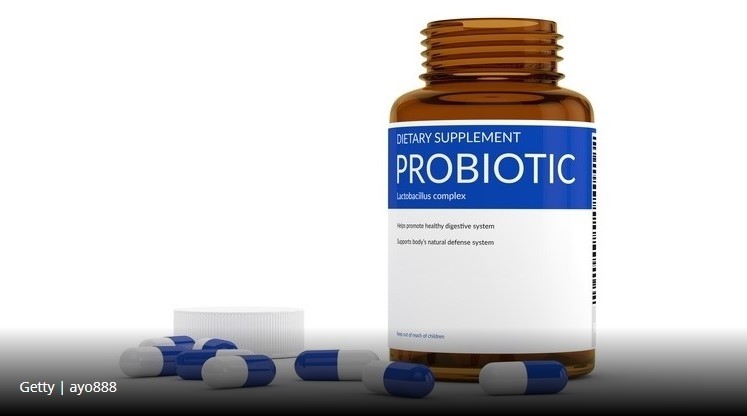Pandemic places spotlight on probiotics and emphasis on immune supporting abilities

In a presentation at Vitafoods, Graham Robinson, Research Executive at business analyst firm Giract, highlighted regulatory and pricing challenges of repositioning existing and new probiotic products to offer consumers immune support.
“One of the interesting things when considering the different positions of the different probiotic cultures is that determines the pricing in many cases,” he explained.
“You often see a probiotic culture is used in a given application with one label claim that has one price. And then that same probiotic culture in the same application with a different claim with the supplier selling it at a different price.
“This is becoming much more prominent especially during COVID, where a lot of probiotic cultures are repositioned for immune claims, where there has been price changes associated with that.
“So, for example, cultures with cholesterol control claims attract a greater premium. But that same probiotic culture in the same application even with a more traditional position like gut health, is often a more cost-effective approach.”
The main bacterial sources of probiotics include Lactobacilli, Bifidobacteria and Bacilli and while these cultures are primarily used to enhance gut health, in recent times have been positioned as remedies to improve boost immunity, control cholesterol and dental care, amongst others.
However, as Robinson pointed out, the regulatory landscape in Europe does not lend itself well to probiotics making immune supporting claims – a position that he expected would change soon.
‘Finding a consensus’
“One of the issues, particularly in Europe is how you position these probiotic cultures and what claims you can make,” he said.
“In Europe, there are still a lot of legislative hurdles and immunity claims are difficult, if not impossible in foods.
“Immunity claims are vague in supplements. You can make holistic and wellness claims but making specific immunity claims is really very difficult and that makes it difficult to legislate for.
“This is something the industry is still struggling with and suppliers are still trying to find a consensus. A lack of consensus also aids in cultures being presented for different claims and health positioning in even the same application for example.”
When used on a food label, the term ‘probiotic’ itself may be considered to be a health claim since it states, suggests or implies a relationship between food and health.
While a health claim linking probiotics and immune health may be a while off, in March this year, the Netherlands Food and Drug Administration released guidance stating the term ‘probiotic’ was to be allowed on food and supplement labels in the country, as mandatory information characterising the product.
Denmark's Minister for Food, Agriculture and Fisheries has promised to work with Spain and other EU countries in an aim to change EU regulation to allow use of the word “probiotic” on labels across the board. Spain has already approved use of the term at the end of last year.
Price points
Robinson also highlighted how the pandemic was bringing into focus the uncertainties of price structures assigned to certain probiotic cultures arguing the practice to have a knock-on effect on the claims made.
“Some of the unmet needs and challenges include the price structure of probiotic cultures that is still very opaque,” he said.
“So, for example, in a lot of applications, you can use the same organism or probiotic culture but with a different claim and that will carry a different premium. That makes pricing unclear.
“The problem with it being so opaque and that you can’t make specific immunity claims, leaving consumer products with holistic-type claims.
“Yet the probiotic cultures being used in these products, for an immunity claim may very well be the same culture that goes into a different application under a gut health claim or cardiovascular health claim. In a sense, it is to do with marketing, and it does affect the price.”














